Sponsored Links
UPD Microsoft and BT Trial White Space Wireless Broadband Tech in Cambridge UK
Posted: 27th Jun, 2011 By: MarkJ

 Software giant Microsoft has announced that it is leading a consortium of several UK Internet Service Providers (ISP) and tech firms ( BBC , BT , Sky Broadband (BSkyB) , Nokia , Neul , Spectrum Bridge Inc , TTP , Cambridge Consultants and Samsung ) on trials of a new Mobile Broadband solution in Cambridge, which will make use of the "white space" radio spectrum that exists between TV channels.
Software giant Microsoft has announced that it is leading a consortium of several UK Internet Service Providers (ISP) and tech firms ( BBC , BT , Sky Broadband (BSkyB) , Nokia , Neul , Spectrum Bridge Inc , TTP , Cambridge Consultants and Samsung ) on trials of a new Mobile Broadband solution in Cambridge, which will make use of the "white space" radio spectrum that exists between TV channels.Most Digital Terrestrial TV (DTV) channels in the UK operate between the Ultra High Frequency (UHF) bands of 470MHz and 790MHz, which travels further and more easily through walls. Each TV channel is given a slice of this spectrum and a small gap (i.e. the white space) is then left between the channels to, among other things, limit the potential for interference.
White space technology is increasingly being seen as a potential solution to the growing problem of congestion in Wi-Fi networks (2.4GHz) and could also be used to extend Mobile Broadband coverage. Several firms are known to be conducting trials and BT recently confirmed its own project on the Isle of Bute (details here).
Microsoft's Executive for Technology Strategy, Dan Reed, said (FT):
"Spectrum is a finite natural resource. We can’t make more and we must use it efficiently and wisely. The TV white spaces offer tremendous potential to extend the benefits of wireless connectivity to many more people, in more locations, through the creation of super WiFi networks."
"Spectrum is a finite natural resource. We can’t make more and we must use it efficiently and wisely. The TV white spaces offer tremendous potential to extend the benefits of wireless connectivity to many more people, in more locations, through the creation of super WiFi networks."
Microsoft's trial, much like the others, seeks to show that manipulating such gaps in the spectrum can be done without causing problems for existing DTV services. It sounds easy enough but achieving this is actually far more difficult than might first appear.
According to Ofcom's current consultation on the use of white space solutions, one key difference is that the router/modem (connectivity kit) would first need to consult a list of databases hosted online. The router will then describe its location and device characteristics to one of these databases on a regular basis. The database is then able to return details of the frequencies and power levels that it is allowed to use. TV channels move around all the time and so this is very important.
At this stage it's still far too early to know whether or not white space technology will end up being viable. BT recently claimed that its initial results "have been very promising," before warning that a further live July 2011 customer trial would be needed. Similarly Microsoft's trial is due to start this Wednesday.
Meanwhile Ofcom is working to produce a draft Statutory Instrument, which would make white space devices licence exempt. The whole process should be completed by the end of 2011. By that time we should have a good idea of whether or not white space solutions are truly viable.
UPDATE 10:35am
The official press release has now been sent along, complete with an additional quote and details. We've updated the item accordingly.
Consortium Statement:
"With the number of connected devices and data applications growing rapidly, and with mobile networks feeling the strain, we must find ways of satisfying the traffic demands of today and tomorrow. This trial will attempt to demonstrate that unused TV spectrum is well-placed to increase the UK’s available mobile bandwidth, which is critical to effectively responding to the exponential growth in data-intensive services, while also enabling future innovation."
"With the number of connected devices and data applications growing rapidly, and with mobile networks feeling the strain, we must find ways of satisfying the traffic demands of today and tomorrow. This trial will attempt to demonstrate that unused TV spectrum is well-placed to increase the UK’s available mobile bandwidth, which is critical to effectively responding to the exponential growth in data-intensive services, while also enabling future innovation."
The consortium chose Cambridge for the trial because, they claim, it has a long history in developing novel wireless communication technologies and offers an environment for testing diverse uses of the TV white spaces network.
The city is distinguished by a dense mixture of buildings, including the historic stone buildings of its colleges, which offer a unique opportunity to demonstrate the penetration of TV white spaces signals when compared with other higher frequency networks such as Wi-Fi. And although Cambridge itself has good broadband access, some neighbouring villages suffer poor broadband service, allowing the advantageous range of TV white spaces communications to be demonstrated.
Search ISP News
Search ISP Listings
Search ISP Reviews
Latest UK ISP News
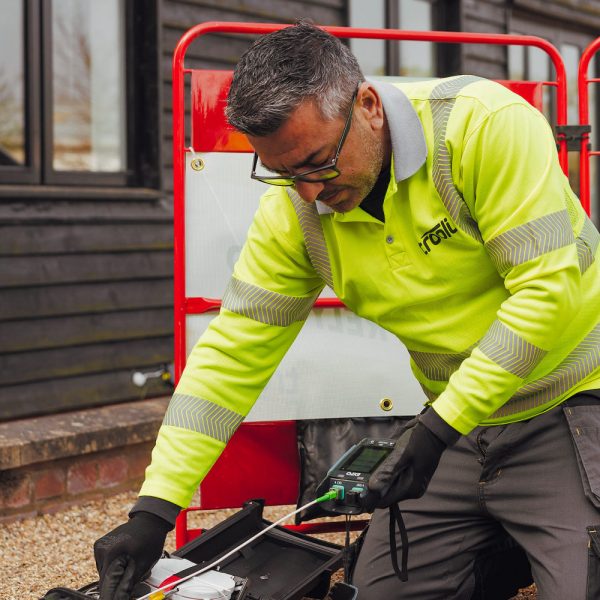

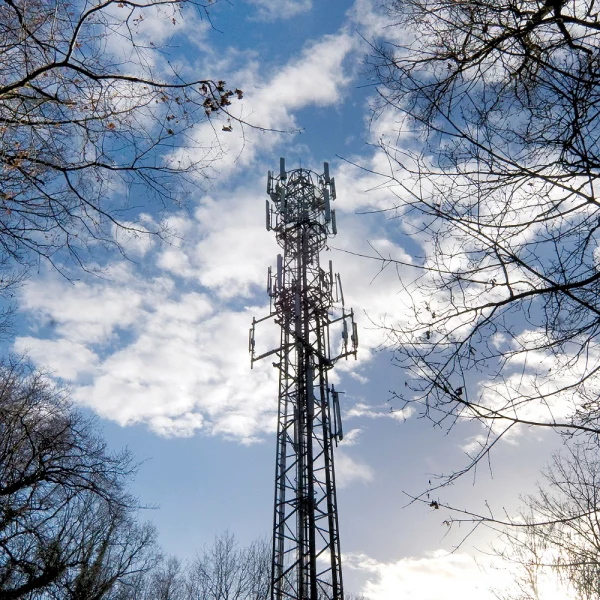
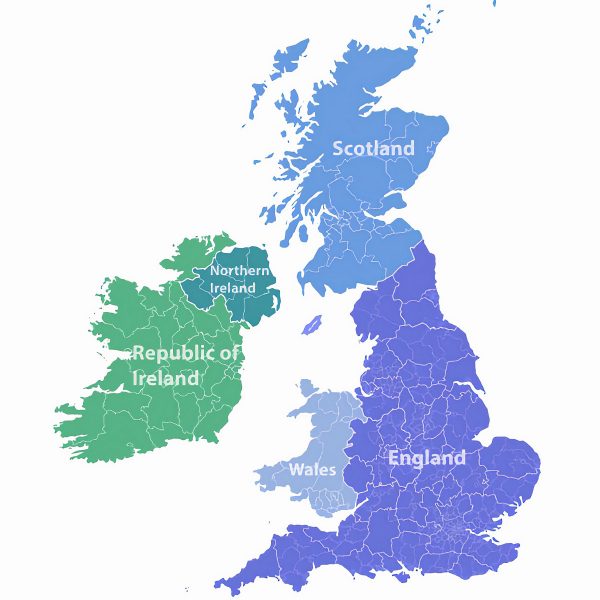
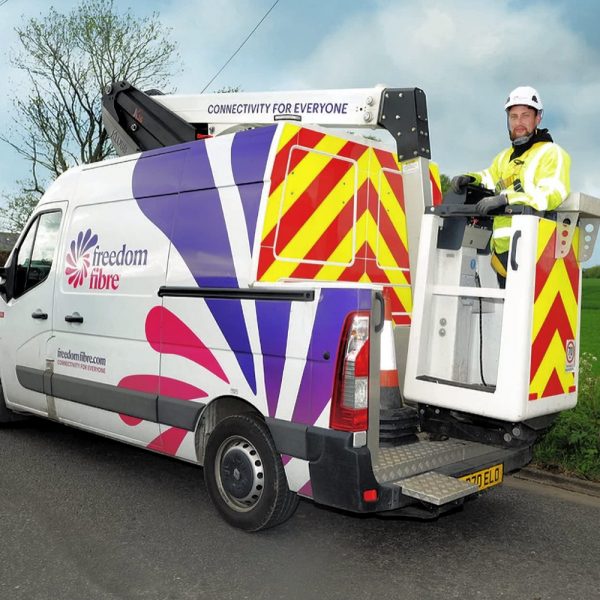


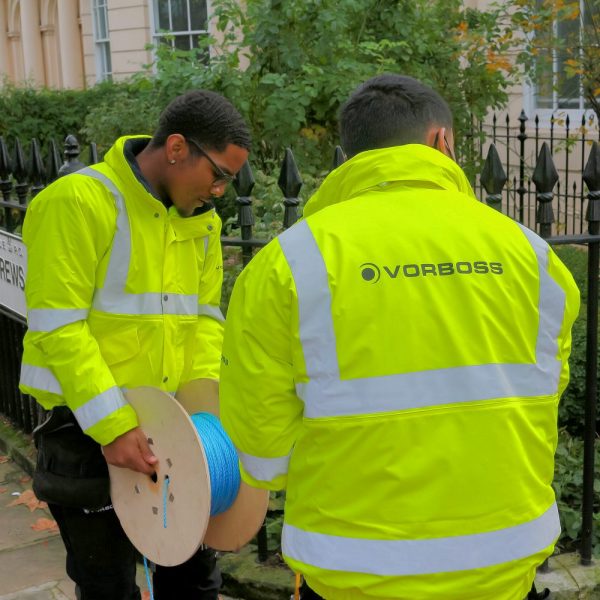
Cheap BIG ISPs for 100Mbps+
150,000+ Customers | View More ISPs
Cheapest ISPs for 100Mbps+
Modest Availability | View More ISPs
Latest UK ISP News
Helpful ISP Guides and Tips
Sponsored Links
The Top 15 Category Tags
- FTTP (5532)
- BT (3518)
- Politics (2542)
- Openreach (2298)
- Business (2266)
- Building Digital UK (2247)
- FTTC (2045)
- Mobile Broadband (1977)
- Statistics (1790)
- 4G (1668)
- Virgin Media (1621)
- Ofcom Regulation (1465)
- Fibre Optic (1396)
- Wireless Internet (1391)
- FTTH (1382)
Sponsored
Copyright © 1999 to Present - ISPreview.co.uk - All Rights Reserved - Terms , Privacy and Cookie Policy , Links , Website Rules

































